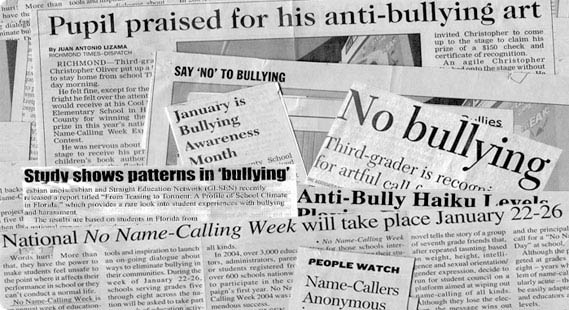It’s great to spend time in the beautiful outdoors. But,
when we do, we can be exposed to ticks and tick bites. Bites from infected ticks can give you Lyme disease. The CDC just issued a Press Release stating that the actual number of cases of Lyme disease that occurs in the
United States is approximately 300,000 per year; a number that is 10 times
higher than the number of cases that are actually reported. The CDC
culled their data from three different studies, analyzing the numbers of Lyme
disease cases via insurance claims, laboratories and patient surveys. If you've never thought about Lyme disease before, now may be a good time to start, given that it's more prevalent than previously thought. Lyme disease also occurs in parts of Europe.
 |
| Photo by Carole Jakucs; Kinsale, Cork, Ireland. Image subject to copyright. |
- Lyme disease is a bacterial infection caused by the bite of an infected tick.
- Initial symptoms can vary, but some are; fever, joint and muscle pain, rash and headache.
- If Lyme disease is left untreated, permanent neurological (the nervous system) and organ damage (in particular the heart) can occur. It can also spread to the joints.
- If you have any concern that you may have been exposed to Lyme disease, are sick with Lyme disease, or have any fevers, rashes or joint pain/swelling; speak to your healthcare provider and/or seek professional medical care for medical advice, a diagnosis and appropriate medical treatment. The sooner treatment is started, the better.
- The best way to prevent Lyme disease is to prevent becoming bitten by a tick. The tick carries the disease. When it bites you, it transmits the disease.
- If you plan on spending time outdoors (even at a picnic or in your back yard) in tick laden areas; wear insect repellent on your clothes, skin and gear. Look for products that contain either 20 – 30 % DEET. Follow the manufacturer’s instructions for use; since this is a poison, you want to use it correctly.
- If you plan on being outdoors (even in your own backyard) or hiking, steer clear of high brush and weeds. If you're hiking, stay on the trails where your path is clear. High brush and weeds where tick like to hide.
- Look for ticks on your skin, children’s skin, pets and gear after spending time outdoors.
- If you find any ticks on your skin, clothes, pets or gear and remove them as soon as possible.
- Remove ticks appropriately by following the right procedure, click here to view.
- For more information on Lyme disease, you can also visit The American Lyme Disease Foundation's website.



.jpg)

